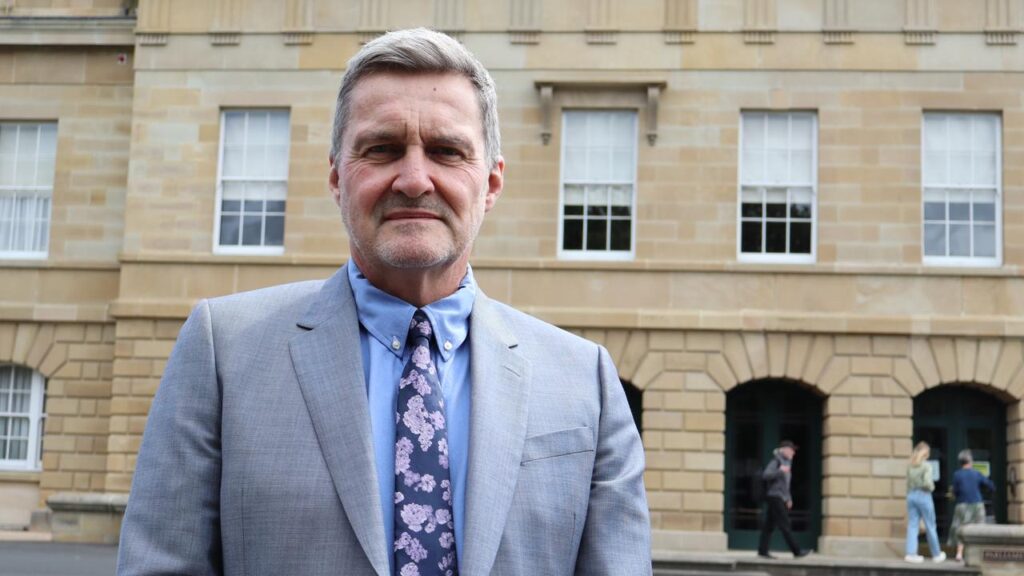Relief as victims of anti-gay laws are compensated
Ethan James and William Ton |

LGBTQI groups are hailing a landmark compensation scheme for people convicted of past homosexuality offences, as advocates shift their focus to outlawing conversion practices.
Legislation to establish a redress scheme for people who had been charged or convicted of homosexuality or cross-dressing was formally approved by the Tasmanian parliament on Thursday.
The state became the final Australian jurisdiction to decriminalise homosexuality in 1997, but it remained illegal to “cross-dress” until 2001.
In 2017, the state government apologised for the criminalisation of people’s sexuality and passed legislation to expunge historical offences.

The enabling bill passed the upper house following its third and final reading after going through the lower house in September 2024.
People who were charged are eligible to receive $15,000, those who were convicted $45,000 and people fined or jailed $75,000.
Equality Tasmania’s Rodney Croome, who was in the chamber to witness the moment and part of the campaign to decriminalise homosexuality, said redress was a symbol of how much Tasmania had changed.
A long-time LGBTQI-rights activist, Mr Croome made worldwide news when he and his partner walked into a Hobart police station in 1994 to confess they had committed the “serious” crime of homosexuality.
“It was a really difficult and polarising debate that lasted for a decade and involved the UN, the federal government, the High Court and anti-gay rallies,” he said.
“This reform will provide victims with financial redress for their trauma as well as knowledge the state that once persecuted them now cares about what happened to them.”

Mr Croome said it was heartwarming for Tasmania to take a nation-leading step to provide financial redress to victims of those old laws.
“Pioneering law reform is never the work of one or two people alone. As this reform shows, the best laws spring from many expert and dedicated minds working together,” he said.
For LGBTQI advocacy group Working It Out’s chief executive Olivia Hogarth, the passage of the bill brought relief and excitement.
“The impacts are lifelong, not just at the time of the conviction, or the arrest and the trial leading up to that,” she told AAP.
“Even for those who weren’t (directly impacted), while they can’t necessarily access the scheme, the message that it sends to everyone in the community is really powerful.”
The criminalisation of homosexuality often forced people into conversion practices because of an understanding that being gay was wrong, so she believes the next step for Tasmania is to ban the practice.
Independent MP Ruth Forrest said the scheme, the first of its kind nationally, showed parliament was serious about working towards healing.
“The shadows cast by these laws are long and dark,” she told the upper house on Wednesday.
“While you can never fully compensate anyone … this does go some way to recognise the shame and trauma.”

About 100 people had been convicted in Tasmania of the crime of homosexuality, human rights law expert Paula Gerber said.
The legislation was a seminal moment for Australia and one that should be followed in other states and territories, she said.
“It’s time to show how genuinely sorry we are that we treated our citizens this way,” she said.
Professor Gerber and Mr Croome said they would campaign for the expansion of redress to include family members of affected men who have died.
“My regret is the fact this hasn’t passed sooner. But I know there are men out there … for whom this will make a difference,” Mr Croome said.
Lifeline 13 11 14
Fullstop Australia 1800 385 578
AAP